In the middle of 2011, we received amazing news: we were expecting our first child! After being married for about 3 years, this was God’s blessing for us to move to a new stage of life. Besides exciting things like gender guessing, name picking, outfit planning, etc., an important question rose up: When should we buy a house for our small, but growing family? The economy was slowly picking up but we both worked at church and I had to work construction on Saturdays to be able to save up for a car, vacation, etc. Fast forward six years to the summer of 2018: we have 4 wonderful kids and I work for a great agency + doing some brand strategy consulting on the side. We’ve outgrown our current home and know it’s time for a new one. Below I will share some of the main thinking and learning we did during those times and how they can save you some headache.
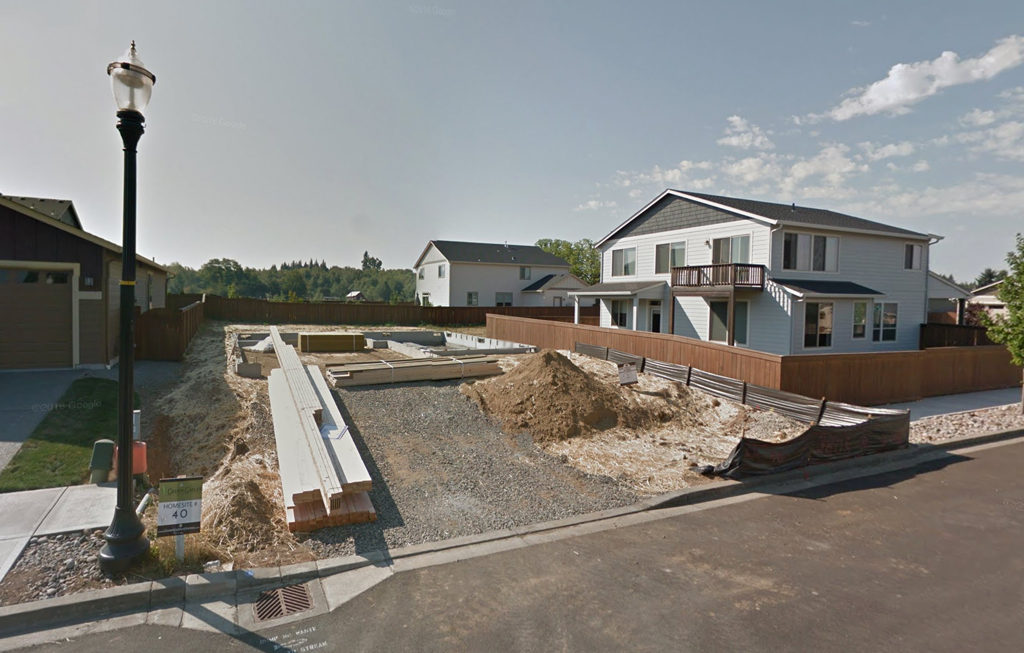
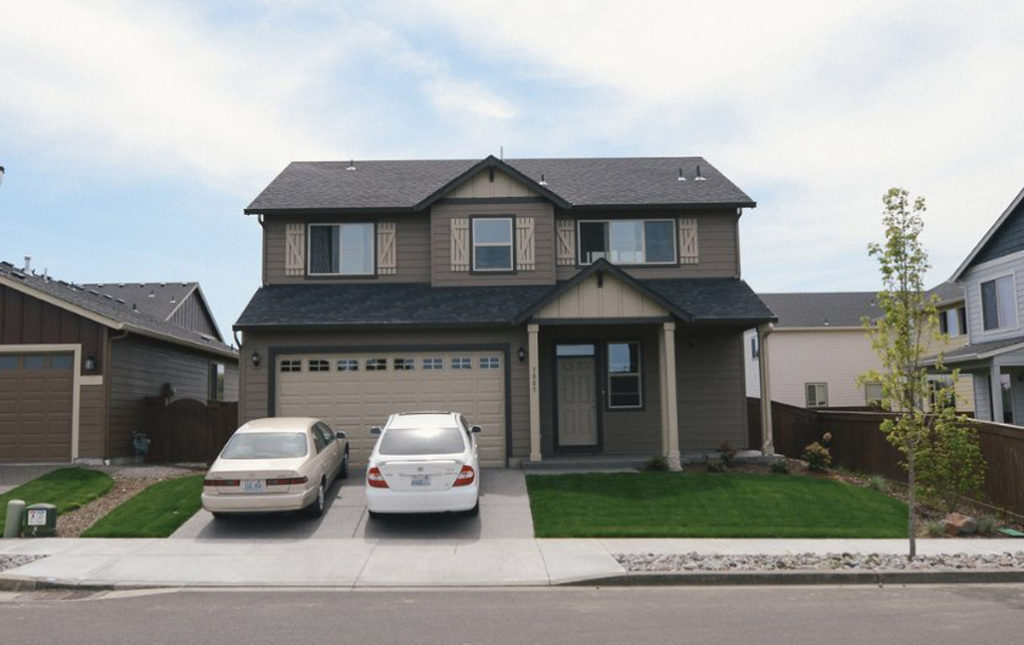
When is it time to purchase a house?
This is a big topic because the range of criteria goes from your current financial and family situation, to the economy state and market analysis. We had afew rules that had to be met before I’d even consider it:
- Not to have any debt (we never had it so it was an easy one to cross off, thanks to Dave Ramsey)
- Have a solid stable job
- To have an actual need for the house
Just because your friends are buying houses does not mean that you have to. Really evaluate and discuss all pros and cons of that decision with your spouse and make sure you two are on the same page.
What type of house?
Some people have an impression that building a brand new house is always more expensive than buying an existing one. While it might be true in some cases, keep in mind that buying an existing house, often means customization later- repaint, change cabinets, etc., will cost more to do later then it is for the company who builds it for you right away.
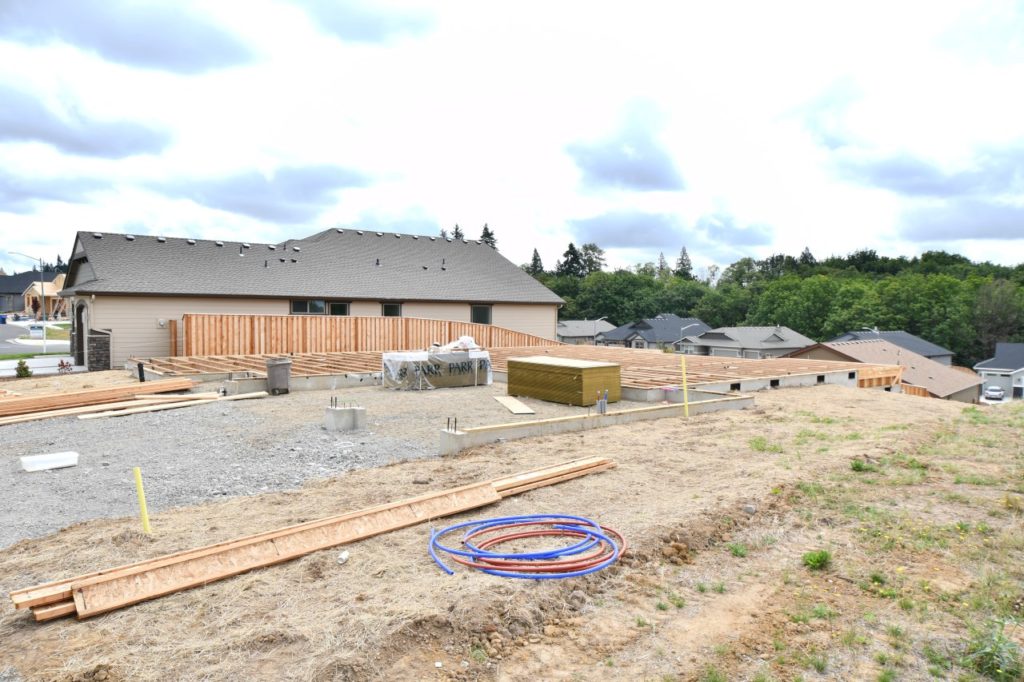
We might be a hard case, because both my wife and I usually have a must-have list: large windows, affordable payment, location, lot size, amount of windows, house plan, etc. This explains why a) it takes us a long time to find something and b) why we end up building both times.
Questions to ask yourself: Do you care for finishes, yard, neighborhood, etc.? Does your spouse?
What Is the budget?
As a general rule, some institutions* recommend your total payment to be no more than one third of your income. We try to stick to that or a lower number so make sure house does not becomes a burden instead of a blessing down the road. Our first house we purchased through a USDA program (US Department of Agriculture promotes rural living by providing low percentage loans with no need for a down payment if you agree to settle in the “village” areas with population of no more than 20,000 people. Rules of the program might have changed since then so please do your research on it.) That allowed us to build a house with no money upfront and with as low as 1% interest rate (which grew after 2 years to max 3.25% due to my job change and income increase). With the current home we are doing a conventional loan with 20+% down to avoid PMI (private mortgage insurance) which can be a few hundred per month.
Questions to ask yourself: Which type of loan is best for us? What is the monthly payment we are comfortable with and what is the max we would consider? (Very often as you start looking around you might start wanting more of a house and having a cap is crucial). How much can we put down up front? COUNTRY Financial® provides some financial guidance for you to consider here.
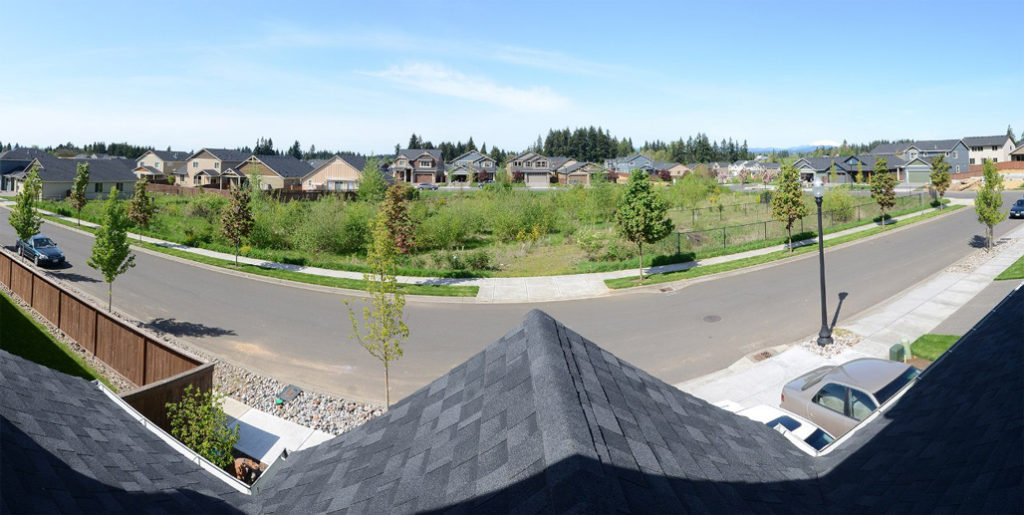
Where should it be?
Location is a very important aspect of this choice: proximity of kids’ school, grocery store, church, type of the neighborhood, future development perspective, etc. In 2011 we had to settle on a city about 17 min away from where we were (due to the USDA program requirements I mentioned earlier). Many people didn’t get our choice, but geographically I knew the city would be growing that direction eventually and we didn’t have much choice anyways) Today, the city of Ridgefield, WA is one of the fastest growing in the state with all the benefits that come with it. This time around we knew we wanted to stay in this area but also didn’t want to increase drive time from the private school our kids attend. After almost a year of the search, we found a lot and signed papers.
Questions to ask yourself: What is most important to me, location-wise: distance from work, school, grocery store, mall, etc? What type of neighborhood do we want? For us, a family-friendly neighborhood with playgrounds and walking trails were very important. How is the specific area doing currently and what are the potential future developments?
What about the house itself?
As I mentioned earlier, my wife and I are both pretty opinionated when it comes to what we want in the house, but even if you or your spouse couldn’t care less, make sure it won’t change later and you both are in an agreement. The square footage of the house, one story vs two story, finishes, plan, size of the kitchen or the living room – all those things have to be addressed in a prioritized manner because it won’t be easy to change later.
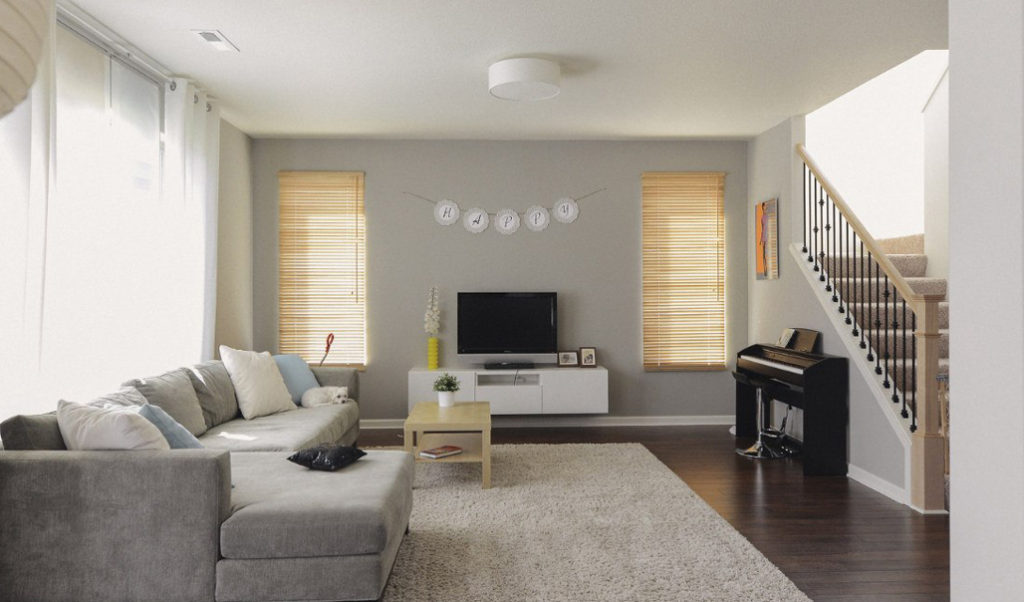
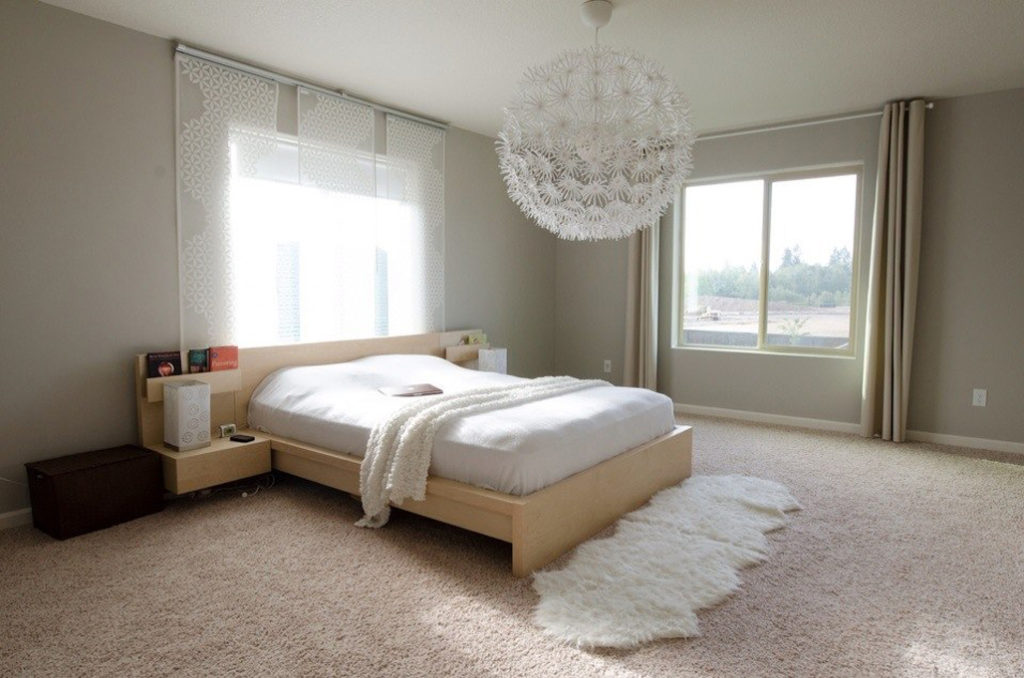
Questions to ask yourself: What is a must-have, nice to have and must-not have – for you in the future house? What about your spouse? Making a list and spending a date night or two talking about it will set you up for success!
Purchase of a house is a HUGE deal and should not be taken lightly. Main advice – I’d narrow it down to: have a thought-out plan and financial foundation for this decision and be in an agreement with the spouse. Happy shopping!
If you have any questions or comments, feel free to DM / email me OR check out my friends from COUNTRY Financial {link} who can help you protect what you have and plan for the future! #sponsored